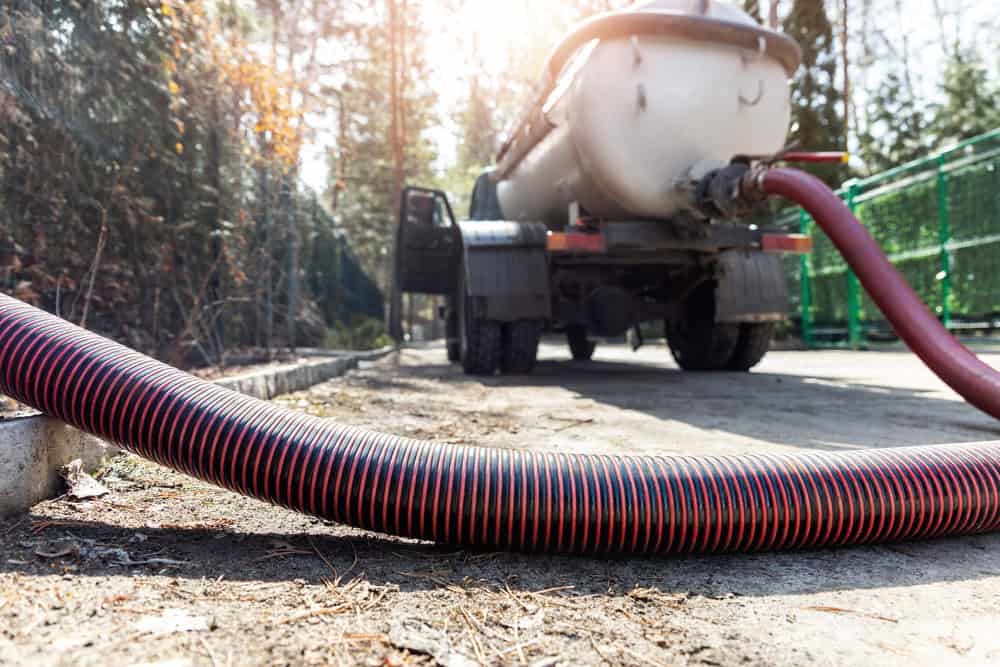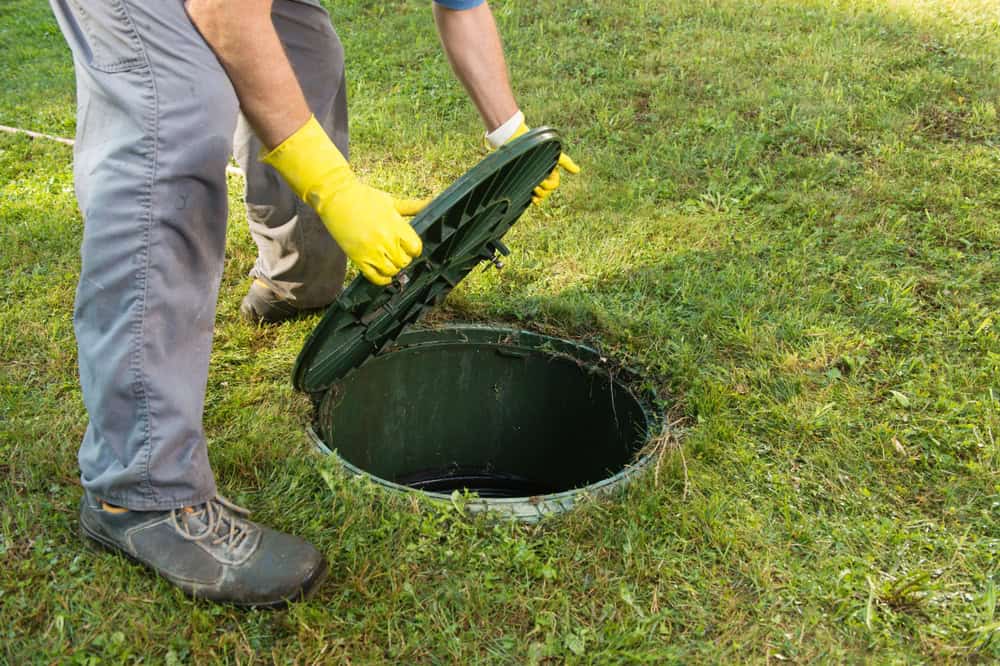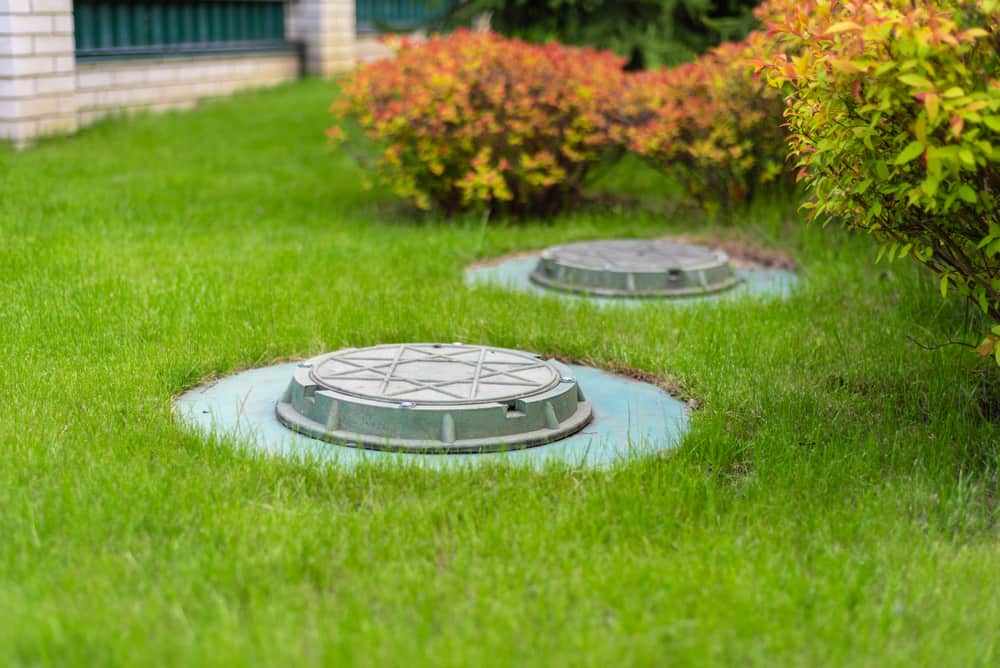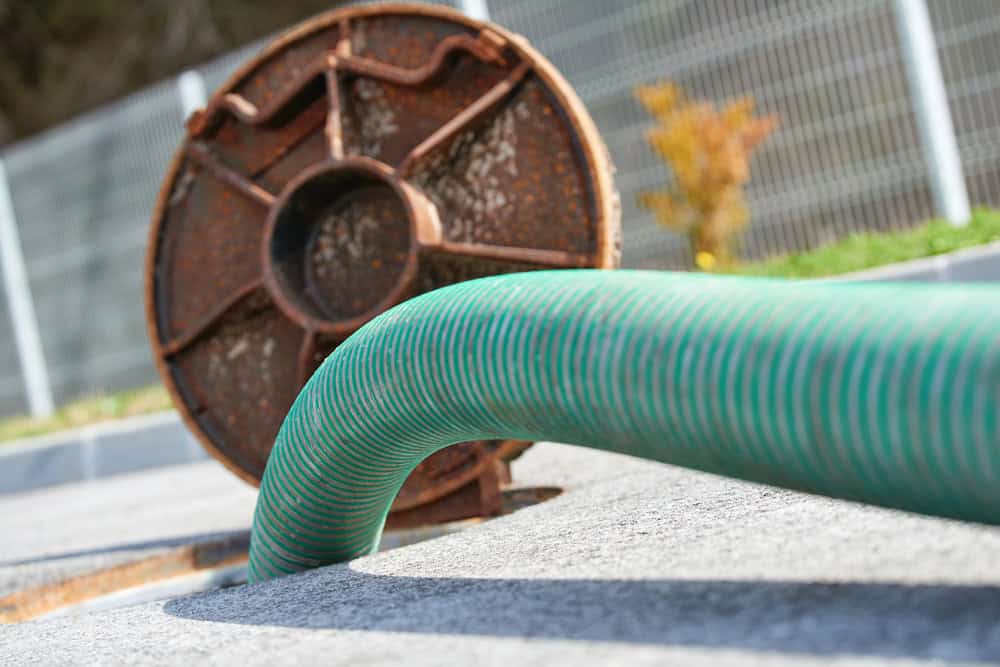Fast, reliable cesspool pumping that prevents backups, protects your property, and keeps you compliant with Suffolk County regulations.

Hear from Our Customers

When your cesspool is properly maintained, you get back to living without the stress of unexpected backups or emergency repairs. Your drains flow smoothly, there are no unpleasant odors around your property, and you have peace of mind knowing your system is working as it should.
Regular cesspool pumping prevents the buildup that leads to costly failures. You avoid the thousands of dollars that come with emergency repairs or full system replacements. Your property value stays protected, and you stay compliant with Suffolk County requirements without worrying about fines or legal issues.
Most importantly, you protect your family’s health and comfort. No sewage backups in your home, no contamination risks, and no dealing with the mess and stress that comes with a failing system.
We’ve been serving Commack homeowners who need reliable cesspool maintenance and emergency service. We understand the unique challenges that Long Island’s soil conditions and Suffolk County regulations present for property owners.
Commack’s rich soil and flat terrain, which gave the area its Native American name meaning “pleasant lands,” also creates specific drainage considerations that we know how to handle. We’re licensed and insured, so you can trust that the work is done right and you’re protected.
When other companies try to sell you services you don’t need, we focus on what actually solves your problem. We’ve built our reputation on honest assessments and transparent pricing, because we know that’s what Commack residents expect and deserve.

We start with a thorough assessment of your cesspool to determine exactly what’s needed. Our technicians inspect the system, measure waste levels, and check for any signs of damage or potential issues before we begin.
During pumping, we use specialized vacuum trucks and safety equipment to remove all accumulated waste and sludge. This isn’t something homeowners can do themselves – it requires proper equipment, safety protocols, and waste disposal permits that only licensed professionals have access to.
After pumping, we inspect your system again to ensure everything is functioning properly. We provide you with the documentation required for Suffolk County compliance and give you a clear timeline for your next service based on your household’s actual usage patterns.

Ready to get started?
Professional cesspool pumping includes complete waste removal, system inspection, and proper disposal of all materials. We check your inlet and outlet pipes, measure sludge levels, and look for any structural issues that could cause problems down the road.
In Commack, where many homes rely on cesspool systems due to limited municipal sewer coverage, regular maintenance is especially important. Suffolk County requires documentation of all pumping activities, and we handle all the paperwork and reporting requirements so you stay compliant without the hassle.
We also provide emergency service when systems fail unexpectedly. Cesspool backups don’t wait for convenient times, and neither do we. Our emergency response team is available 24/7 because we know that sewage problems create immediate health hazards and property damage risks that can’t wait until business hours.
